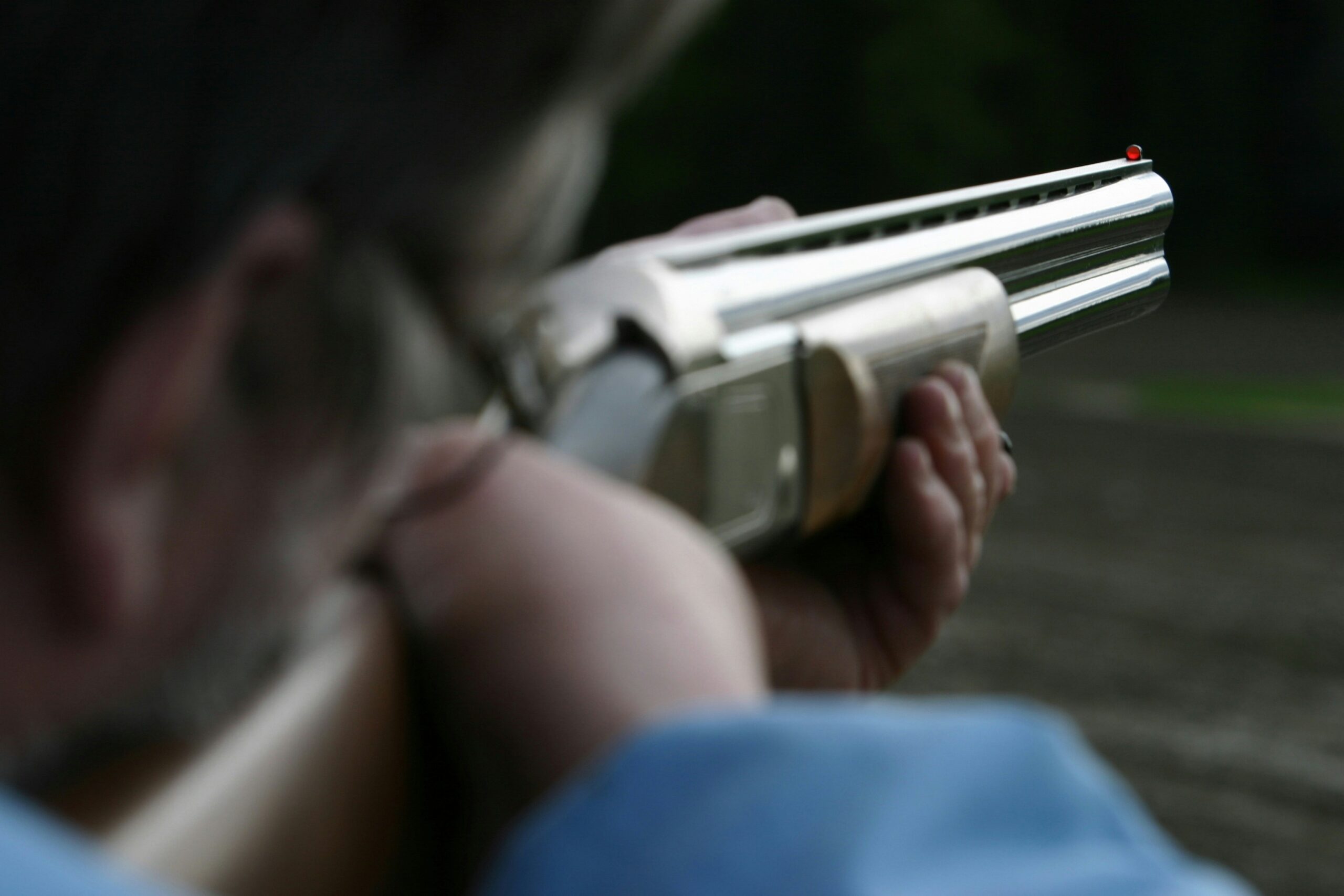
Responsible gun ownership goes beyond simply possessing a firearm. It involves a deep commitment to safety, ethical practices, and legal compliance. Owners who adhere to these principles demonstrate accountability, respect for others, and a connection to environmental stewardship. For those engaged in outdoor activities like hunting, responsible gun ownership directly influences wildlife conservation.
When hunters follow local regulations, maintain firearms properly, and practice marksmanship, they reduce unnecessary harm to wildlife. Moreover, responsible gun owners often participate in training programs and community safety initiatives. These programs protect people and ensure that natural ecosystems remain undisturbed by careless practices. Therefore, embracing responsible gun ownership establishes a foundation for ethical interaction with wildlife.
The Link Between Hunting and Conservation
Hunting is often misunderstood as purely recreational, but it plays a significant role in wildlife conservation. Legal hunting generates critical funds through licenses, permits, and taxes on firearms and ammunition. These resources support habitat preservation, research programs, and wildlife management initiatives. Without responsible gun ownership, hunting could lead to overharvesting, poaching, and ecological imbalance.
Responsible hunters follow strict regulations determining when, where, and how game can be harvested. They adhere to quotas, respect seasonal limits, and prioritize species management. By doing so, hunters contribute directly to conservation goals. This careful stewardship helps maintain healthy populations, ensuring that current and future generations enjoy sustainable ecosystems.
Funding Conservation Through Firearms
One of the most impactful ways responsible gun ownership benefits wildlife is through financial contributions. In the United States, the Pittman-Robertson Act exemplifies this connection. Taxes on firearms, ammunition, and archery equipment fund state wildlife agencies, habitat restoration, and species protection programs. Every responsibly purchased firearm or legal hunting activity supports these initiatives, reinforcing the link between ownership and conservation.
Furthermore, organizations such as Ducks Unlimited and the National Wild Turkey Federation leverage hunting-related funds to conserve wetlands, forests, and grasslands. Responsible gun owners who support these groups help restore habitats, protect biodiversity, and mitigate the effects of climate change. Owners ensure their impact benefits the environment directly and measurably by prioritizing ethical and legal firearm use.
Ethical Practices Promote Sustainable Hunting
Sustainability is a core principle of responsible gun ownership. Ethical hunters consider not only their immediate harvest but also long-term ecological effects. They avoid overharvesting, select mature animals, and employ accurate shooting techniques. These practices prevent unnecessary suffering and maintain balanced ecosystems.
Education plays a pivotal role in promoting these standards. Programs that teach firearm safety, wildlife biology, and ethical hunting methods empower hunters to make informed decisions. As a result, responsible gun ownership fosters a culture of respect for nature. Transitioning from reckless or uninformed practices to educated, conscientious actions strengthens human and environmental communities.
Habitat Preservation Through Hunting Contributions
Habitat loss remains one of the greatest threats to wildlife. Fortunately, responsible gun owners help combat this challenge. Fees from licenses and permits, donations to conservation groups, fund land acquisition, restoration projects, and protected areas. These efforts provide safe environments for animals and preserve biodiversity for future generations.
Additionally, hunting organizations encourage members to participate in habitat improvement projects. Planting trees, creating water sources, and managing invasive species are common initiatives that firearms enthusiasts support. Responsible gun owners extend their impact beyond hunting by actively engaging in habitat preservation and demonstrating the broader value of ethical practices.
Community Engagement and Advocacy
Responsible gun ownership also involves community engagement. Hunters often join local wildlife councils, attend conservation workshops, and advocate for sustainable policies. These actions amplify the influence of individual owners, creating a collective force for ecological preservation.
Moreover, mentoring programs connect experienced hunters with newcomers. Through education, novices learn safety, ethics, and conservation techniques. This generational transfer of knowledge strengthens the culture of responsible gun ownership. Communities that embrace these principles witness enhanced compliance with hunting regulations and a more substantial commitment to wildlife protection.
Bridging the Gap Between Urban and Rural Conservation
Urbanization threatens wildlife habitats, making responsible gun ownership even more vital. Hunters and firearm enthusiasts frequently reside near natural areas, providing insight into ecological pressures. Practicing ethical hunting, supporting conservation funding, and educating peers help bridge the gap between urban development and rural ecosystems.
Additionally, wildlife observation, reporting, and monitoring often accompany hunting activities. Responsible gun owners contribute valuable data on species populations and habitat health. These observations assist wildlife agencies in developing management plans and mitigating conflicts between humans and animals. The combination of ethical hunting, community involvement, and ecological awareness exemplifies how responsible gun ownership promotes holistic conservation.
Advancing Conservation Through Policy Support
Policy advocacy forms another essential dimension. Responsible gun owners often lobby for legislation that balances firearm rights with environmental protection. Supporting measures that fund wildlife programs or restrict harmful practices ensures conservation efforts continue alongside lawful hunting.
Furthermore, collaboration between firearm organizations and conservation groups fosters innovative approaches. Initiatives like wildlife corridors, predator management, and species reintroduction rely on these partnerships. Uniting stakeholders under responsible gun ownership principles benefits human safety and wildlife sustainability.
The Future of Responsible Gun Ownership and Conservation
The connection between responsible gun ownership and wildlife conservation remains strong and evolving. As environmental challenges intensify, the role of ethical hunters and firearm enthusiasts becomes increasingly essential. Emphasizing education, compliance, and advocacy ensures that wildlife and human communities thrive together.
Modern technology also enhances conservation outcomes. GPS tracking, data collection, and sustainable ammunition contribute to informed hunting practices. Responsible gun owners embracing these tools improve their efficiency while minimizing ecological disruption. They reinforce the lasting bond between firearms stewardship and conservation by combining tradition with innovation.